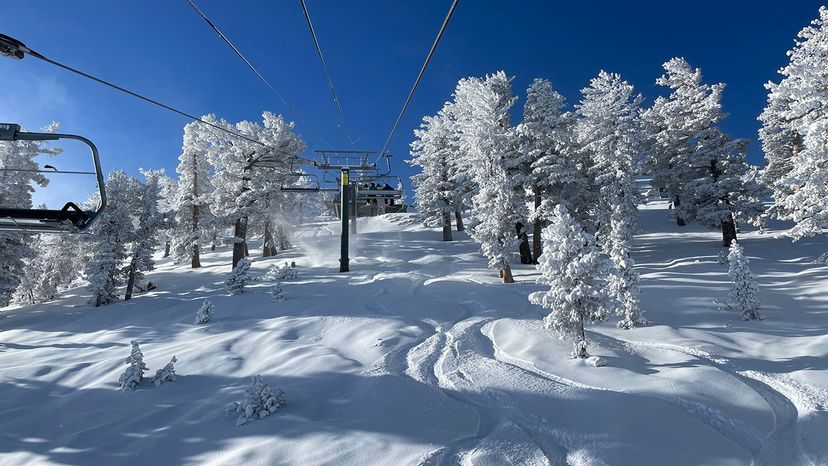
Holed up in a chalet in Tahoe or Vail, you watch a formidable storm roll in as the sun sets. When you wake the next morning, though, and step out on the porch with a steaming cup of coffee, you see that it's a perfect bluebird day. The sun is bright, the skies are clear and the sight of the fresh powder makes you want to strap on your skis right then and hit the slopes. But what exactly does the term "bluebird day" mean, and where did it come from? In the scenario just described, you don't care — you're ready to get skiing. Let's take a look at the meaning of this distinctive turn of phrase.
Advertisement